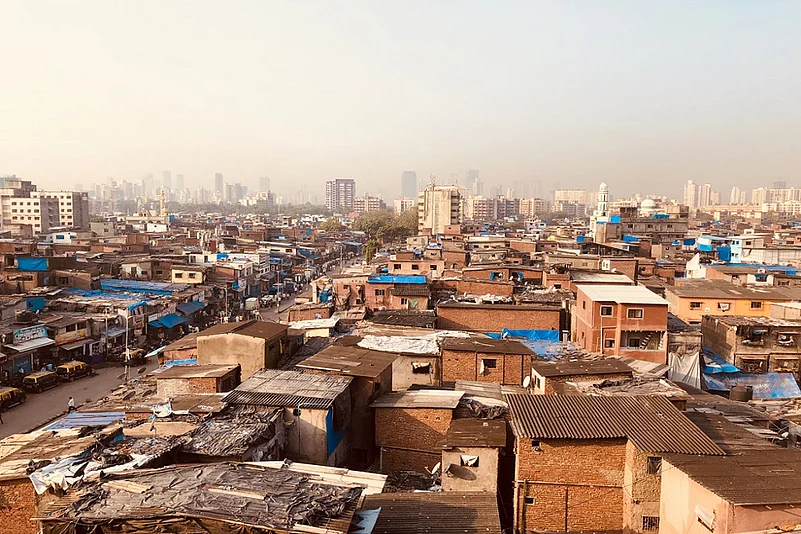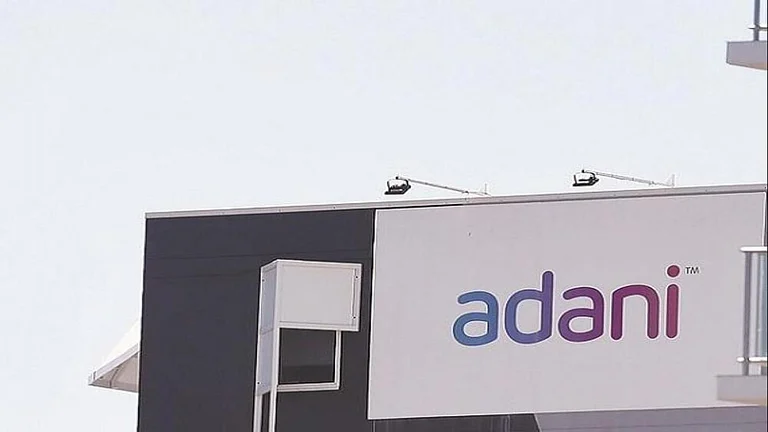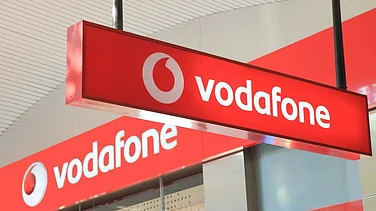After the Dharavi slum redevelopment project, the Gautam Adani-led Adani Properties has secured the redevelopment project for Mumbai's Motilal Nagar. The Adani Group company will redevelop 143 acres of land in the western suburb of Goregaon (W) for an estimated Rs 36,000 crore, according to a PTI report citing sources.
Adani Properties reportedly emerged as the highest bidder for the tender of the Maharashtra Housing and Area Development Authority (MHADA). It was competing with L&T and Naman Developers.
This comes days after the Supreme Court refused to stay the Dharavi redevelopment project awarded to the Adani Group. Dubai-based Seclink Technologies Corp had contested the Maharashtra government’s decision to grant the project to Gautam Adani's company.
What is the Motilal Nagar Redevelopment Project?
The project aims to transform Motilal Nagar I, II, and III, covering approximately 143 acres. The redevelopment plan includes the rehabilitation of 3,372 residential units under MHADA, 328 commercial units, and 1,600 slum tenements under the 1971 Slum Act.
The project aims to provide modern housing and infrastructure to improve the standard of living for current residents.
It is expected to be completed within seven years from the commencement date.
According to the PTI report, Adani Group won the bid after surpassing the requirement by agreeing to hand over 3.97 lakh square metres to MHADA, while the C&DA was mandated to provide a housing stock of 3.83 lakh square metres.
What Was the Contention Over the Project?
The redevelopment of Motilal Nagar in Mumbai faced delays due to unauthorised constructions and legal challenges. Originally designed for 400 tenants, the area saw over 3,600 unauthorised structures, complicating redevelopment efforts. In 2013, a Public Interest Litigation (PIL) was filed regarding these unauthorised constructions, leading to prolonged legal proceedings.
Reports of the Adani Group securing the redevelopment tender came days after earlier this month, the Bombay High Court granted MHADA the authority to oversee the redevelopment while collaborating with a Construction and Development Agency (C&DA).
The court noted that each cooperative society would prioritise its own interests and likely appoint a developer for a limited redevelopment of its land and buildings. This, the court stated, would not be in the interest of orderly planning and infrastructural development.

































